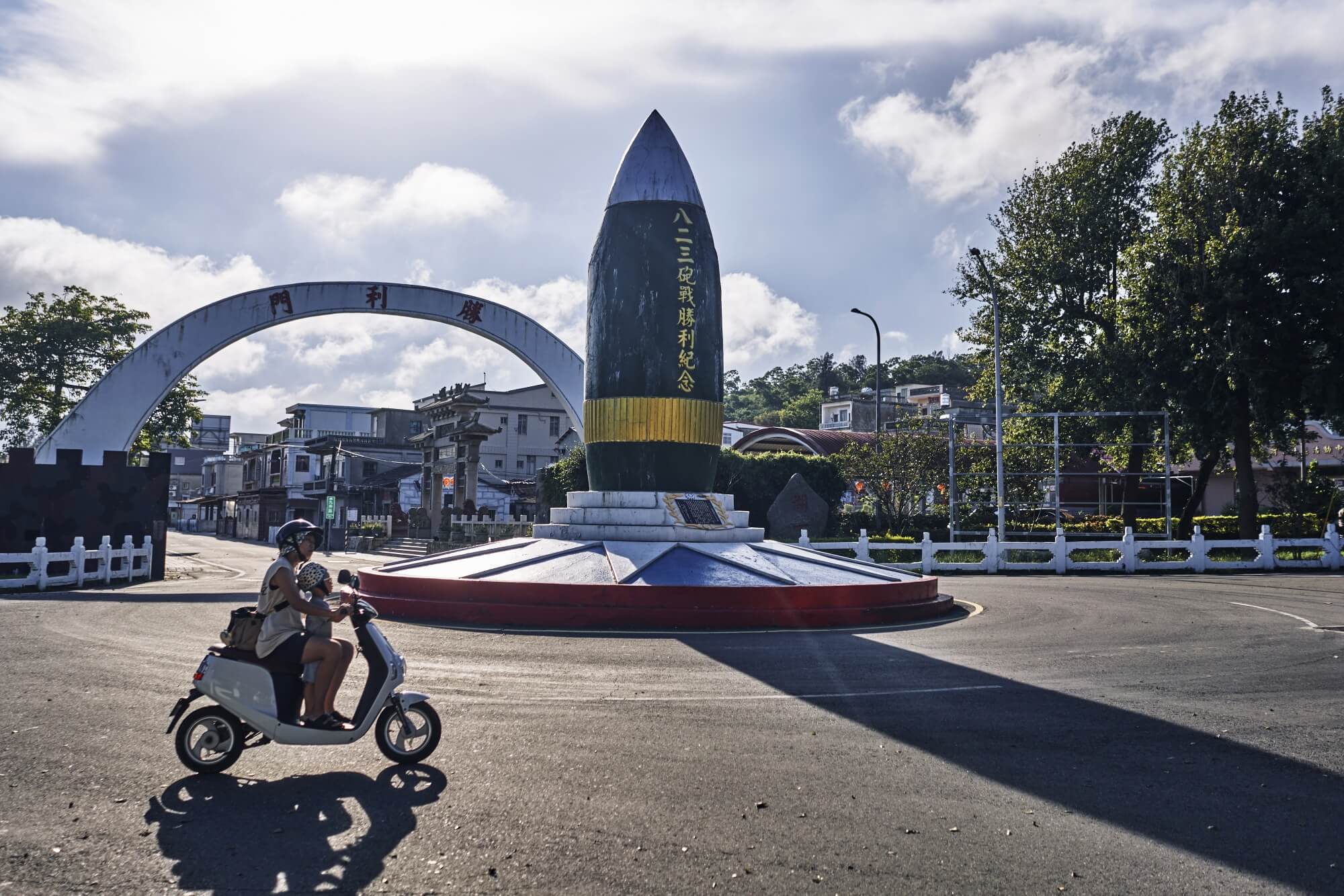A potential war over Taiwan is looming with immense consequences, both in terms of human lives and economic impact, according to estimates from Bloomberg Economics. The projected cost of such a conflict is staggering, reaching around $10 trillion, equivalent to approximately 10% of the global GDP. This estimate far surpasses the economic toll of recent events like the war in Ukraine, the Covid-19 pandemic, and the Global Financial Crisis.
Several factors contribute to the heightened risk of a crisis, including China’s growing economic and military strength, Taiwan’s strengthening national identity, and the complex relations between Beijing and Washington. With the upcoming Jan. 13 election in Taiwan, tensions in cross-Strait relations are at a critical juncture, making it a potential flashpoint.

While an immediate Chinese invasion seems unlikely, geopolitical experts are actively considering various scenarios, ranging from a maritime “quarantine” to a full-scale invasion by China. The fallout from the Russia-Ukraine conflict and the semiconductor shortage has already prompted businesses and investors to hedge against the risks associated with Taiwan.
Bloomberg Economics has modeled two potential scenarios: a Chinese invasion drawing the US into a local conflict and a blockade cutting off Taiwan from global trade. The impacts of these scenarios on GDP are assessed, considering factors such as disruptions to semiconductor supply, shipping disruptions, trade sanctions, and financial market shocks.
Potential Economic Impact Scenarios:
- War Scenario:
- Taiwan: Estimated 40% blow to GDP, with the coastal concentration of population and industry adding to the human and economic cost.
- China: Anticipated 16.7% hit to GDP due to severed relations with major trade partners and loss of access to advanced semiconductors.
- United States: Predicted 6.7% reduction in GDP, given its stake in the Asian electronics supply chain, exemplified by Apple’s reliance on Taiwanese components.
- Global Impact: Expected 10.2% reduction in global GDP, with East Asian economies like South Korea and Japan being the most affected.
- Blockade Scenario:
- Taiwan: Projected 12.2% reduction in GDP during the first year, considering the impact on the small, trade-dependent economy.
- China, US, and Global Impact: Estimated GDP reductions of 8.9%, 3.3%, and 5%, respectively, in the first year.
Key Considerations:
- Taiwan’s Strategic Importance: As the main producer of advanced logic semiconductors, Taiwan’s significance in global supply chains is paramount. The Taiwan Strait is one of the busiest shipping lanes globally.
- Geopolitical Tensions and Economic Decisions: The aftermath of the Russia-Ukraine conflict and the semiconductor shortage has led businesses and governments to diversify semiconductor supply chains. Investors, such as Warren Buffett, have adjusted their positions due to geopolitical risks.
- US-China Relations: The risk of conflict has prompted the US to consider economic sanctions against China, with the hope of enlisting allies in such actions.
Upcoming Taiwan Election:
The outcome of Taiwan’s Jan. 13 election will likely shape the direction of cross-Strait relations. A win by Lai Ching-te, currently serving as vice president in the Democratic Progressive Party administration, could potentially increase tensions, given his past alignment with Taiwanese independence.
The period between the election and the inauguration of the new president is seen as a danger zone for potential Chinese actions to hem in Taiwan. China’s possible reactions include military incursions, economic sanctions, and cyber-attacks.
Conclusion:
The economic cost of a crisis over Taiwan is estimated at $10 trillion, making it a high-stakes scenario for all involved parties. Despite the complexities of cross-Strait relations, the status quo might prevail due to the substantial risks associated with conflict. The $10 trillion figure serves as a powerful incentive for all parties to seek diplomatic solutions and avoid the devastating consequences of war.









